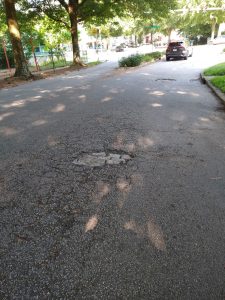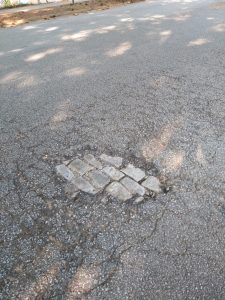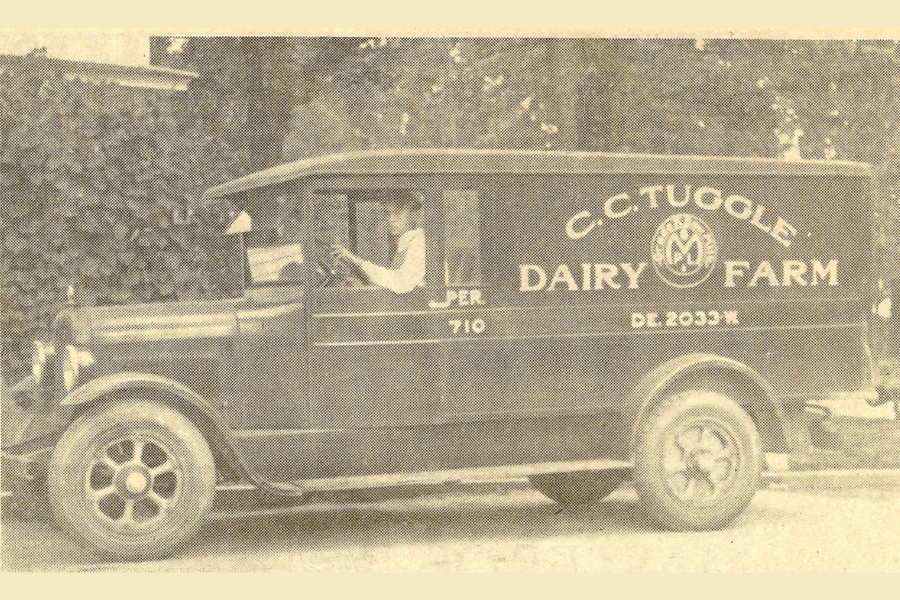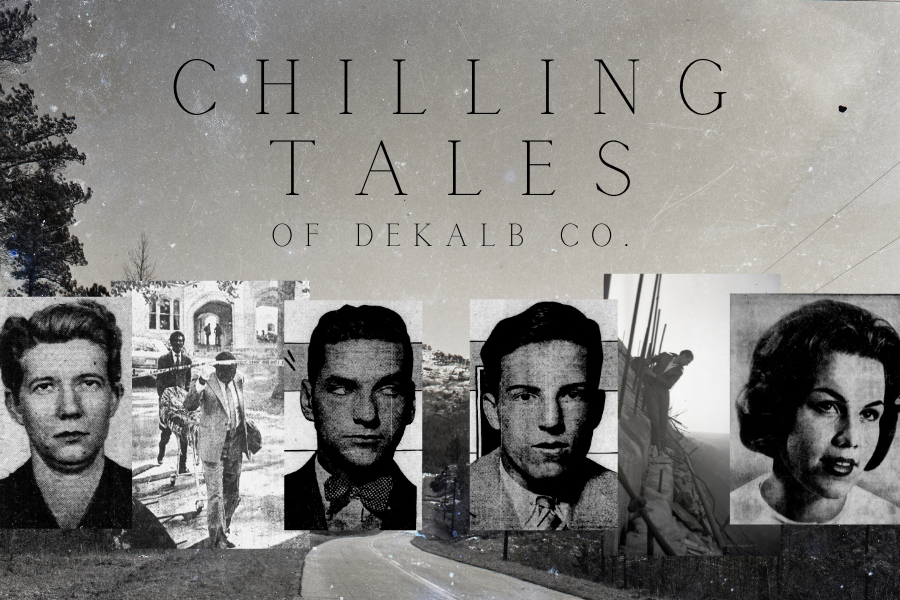What Lies Beneath: Nelson Ferry Road
Read on to learn what mysteries lie beneath Nelson Ferry Road.
By Marissa Howard, Programs and Membership Coordinator
We may find cobblestones quaint or charming, but consider this gripe against cobblestones in 1890:
“Speaking of roads we will soon have a decent drive on Peachtree asphalt or something better and that is what Atlanta surely needs. A drive over these rough cobblestones is enough to bruise and disjoint any woman and how the women here whom we see out every afternoon have- endured this jostling without positive injury is hard to understand.” -Atlanta Constitution, June 29, 1890.
DHC Member Stephen Saunders recently contacted me about cobblestones appearing under Nelson’s Ferry Road. Sure enough, two large spots in the road had eroded, exposing historic cobblestones.
After recently doing research for the Decatur Brews + Buildings tour, which focused on W. Ponce, Nelson Ferry Road was on my radar. Perhaps you were also wondering the same thing, “Where was the ferry”?
In short, Nelson Ferry Road was one of the very first roads in Decatur. In the early days of Decatur in 1823, it led people from Decatur to Nelson’s Ferry on the Chattahoochee.
Historic ferries were franchised and operated by families along specific sections of the Chattahoochee. Nelson’s Ferry was operated by John B. Nelson to run the route of the Chattahoochee River from Sandy Creek to Nickajack Creek. Today, this is the section of Chattahoochee from I-20 to Fulton County Airport. In 1820, Fulton County had not yet been carved out of DeKalb County. John B. Nelson was an early pioneer of Decatur and a founder of the DeKalb Academy. (Remember, Atlanta did not exist). Nelson was murdered in 1825, marking one of the first recorded murders in the county. Speculation is that he was buried in the family burial ground, near Nelson’s Ferry, on a high point along the banks of the Chattahoochee. (The cemetery was home to many unmarked graves, The only marked grave in the cemetery was Mary Williams, Nelson’s daughter.) This cemetery was investigated in 2015 after the site was purchased for a UPS Warehouse facility. The graves were then moved to Barber Cemetery in Mableton and Oakland Cemetery in Atlanta.
The small section of Nelson Ferry Road in Decatur and Nelson Street in Castleberry Hill are all that remains of that original road to the Chattahoochee. Nelson Ferry took a traveler from downtown Decatur west through Fernbank Forest Preserve to Clifton Road. It then headed south and intersected with the Stone Mountain Trail (today DeKalb Avenue). It continued through Five Points, connected with Marietta Street then to Magnolia Street NW (this street still exists in Vine City), continuing due west until one reached the Chattahoochee.
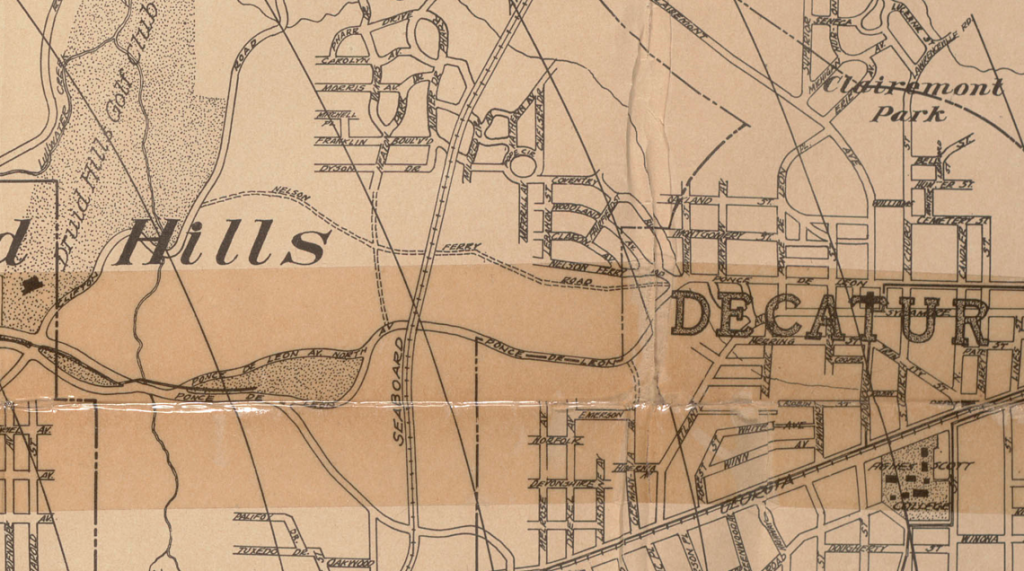
Map of Atlanta and Suburbs, 1921. Notice Nelson Ferry Road extending to Clifton. Map legend does not say what the dotted lines refer too, but other maps from the time classify this road as a “second class road, alley, or private drive”.
When W. Ponce De Leon was built in 1913, it was macadamized (paved with small pebbled rocks). So we can at least say the cobblestones were pre-1914. Another theory, that the cobblestones were used as road decoration for the Ponce De Leon Heights neighborhood (ca. 1913) is unlikely. Cobblestones would have been outdated and miserable to drive on by 1913. One other theory, cobblestones were used as infill in between streetcar tracks. See this picture of downtown Decatur as an example. However, Nelson Ferry Road was never a trolley line.

Downtown Decatur c. 1950. Notice the cobblestones as infill for trolley tracks.
Dating the exposed cobblestones is difficult without further research. What I have learned from all of this research is just how old Nelson Ferry Road is.
On walking tours, we often tell people to look up at the small details at the tops of the buildings. But there are also many reminders of history just below us.
I love diving into History Mysteries DHC Members send me! We really appreciate your knowledge of DeKalb County and membership support-your contributions are why we can explore these topics.


